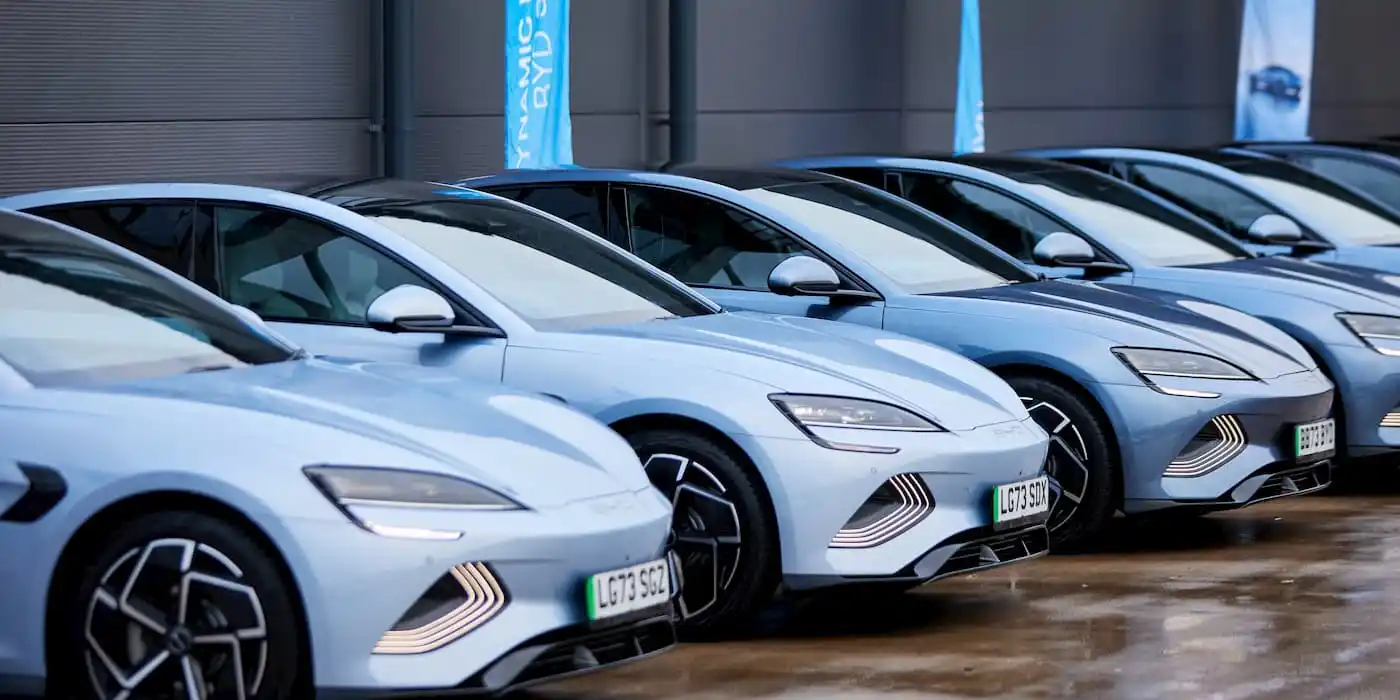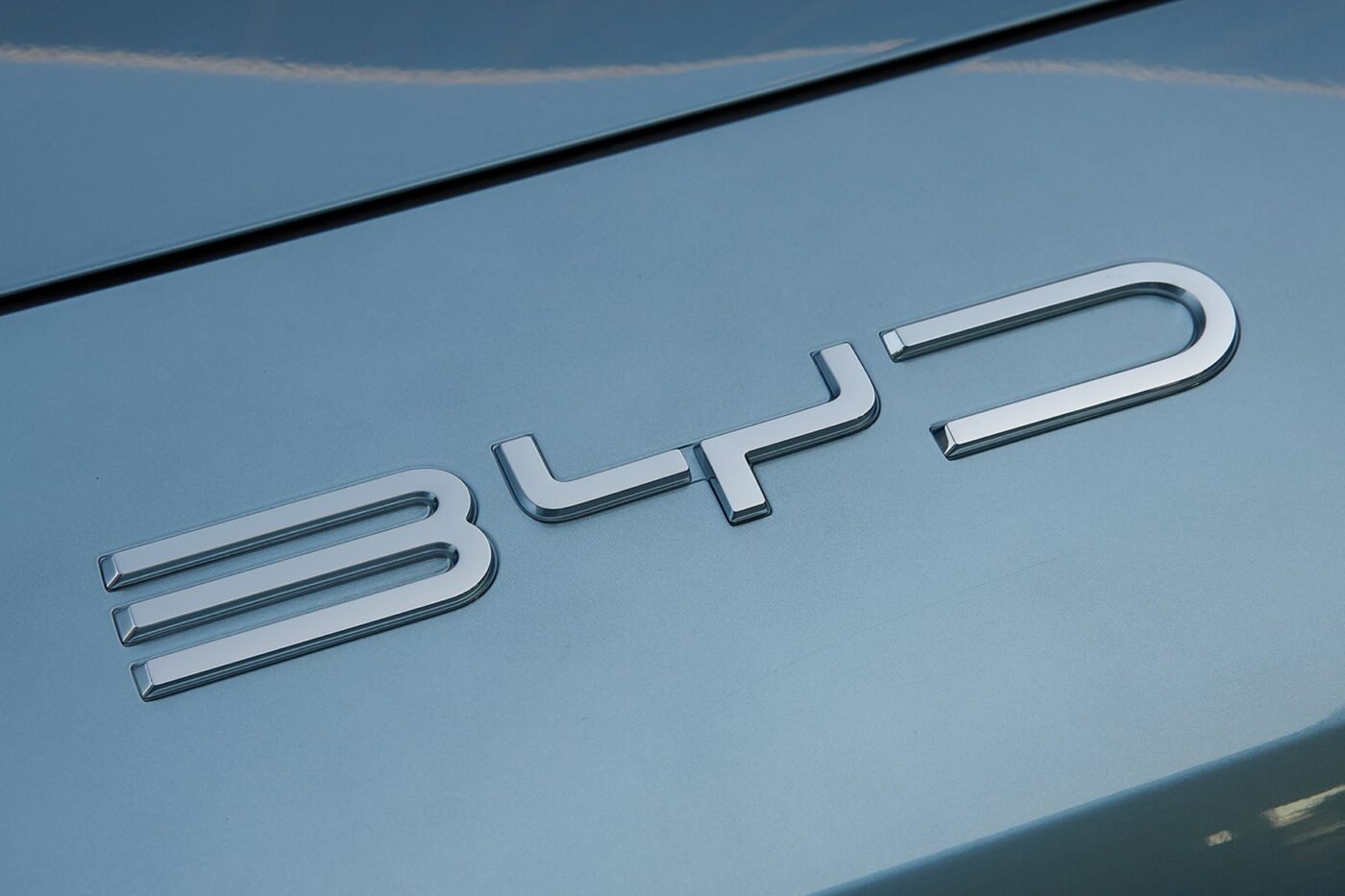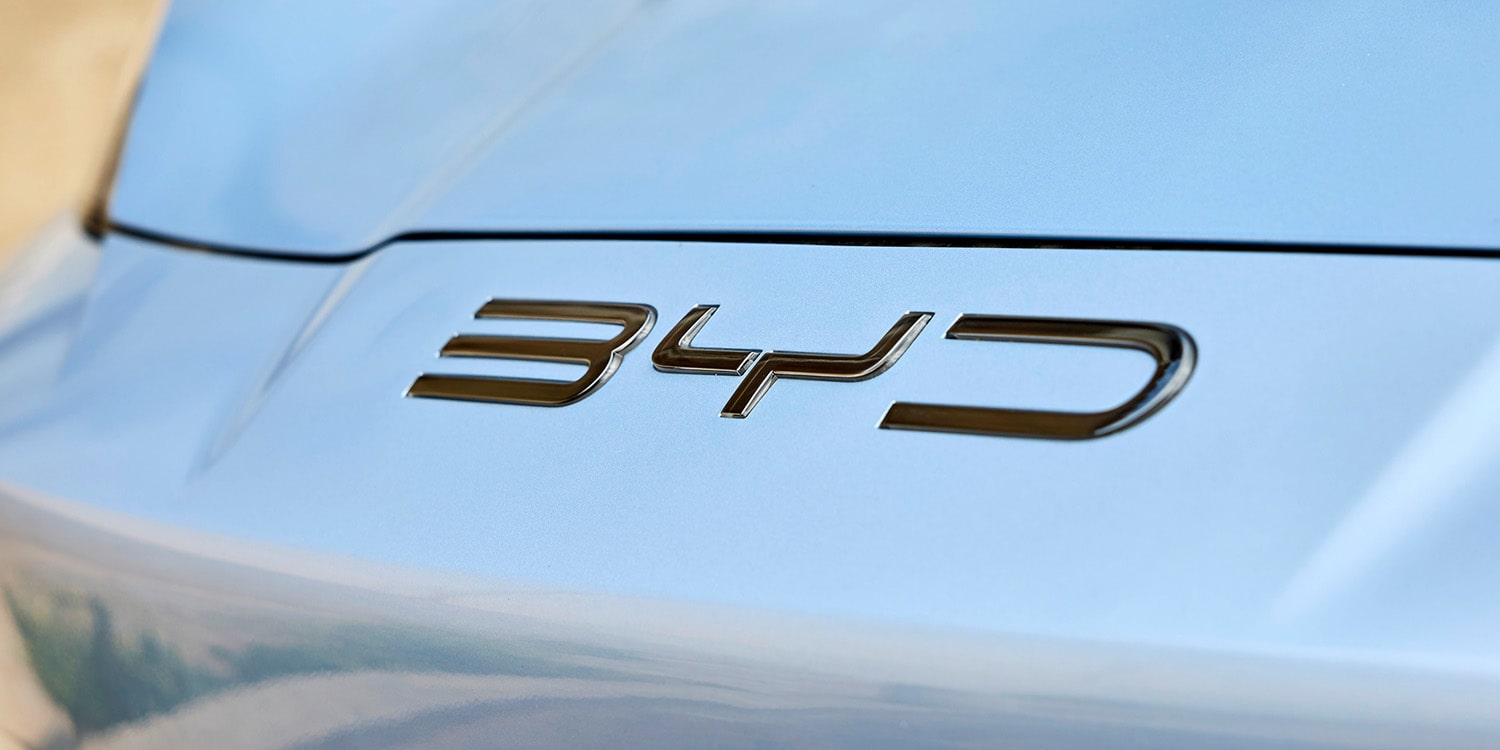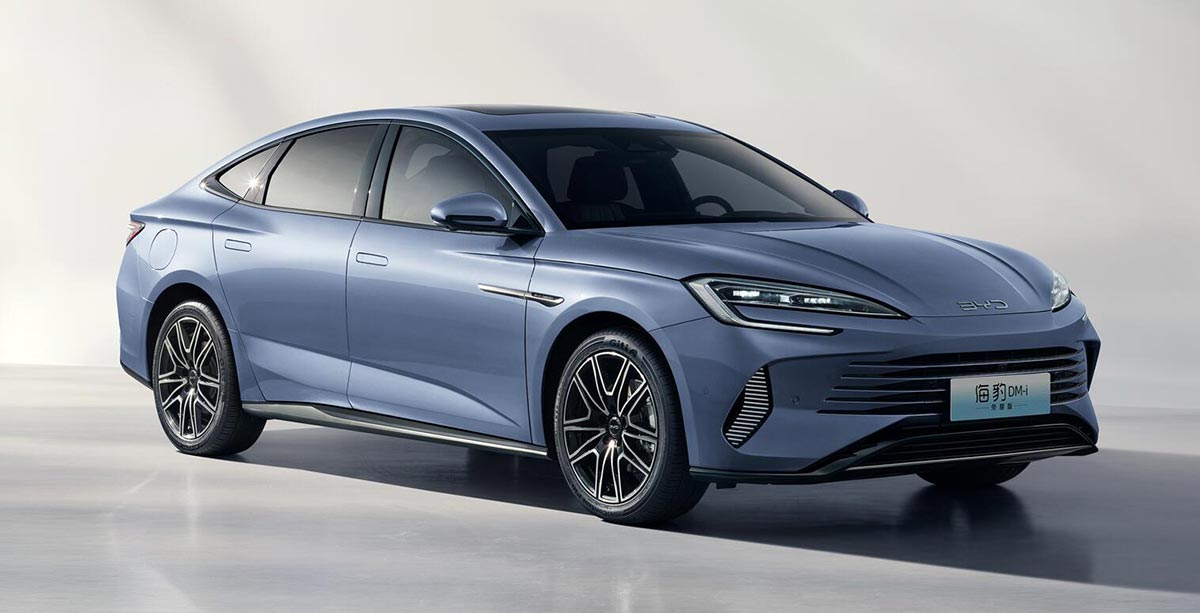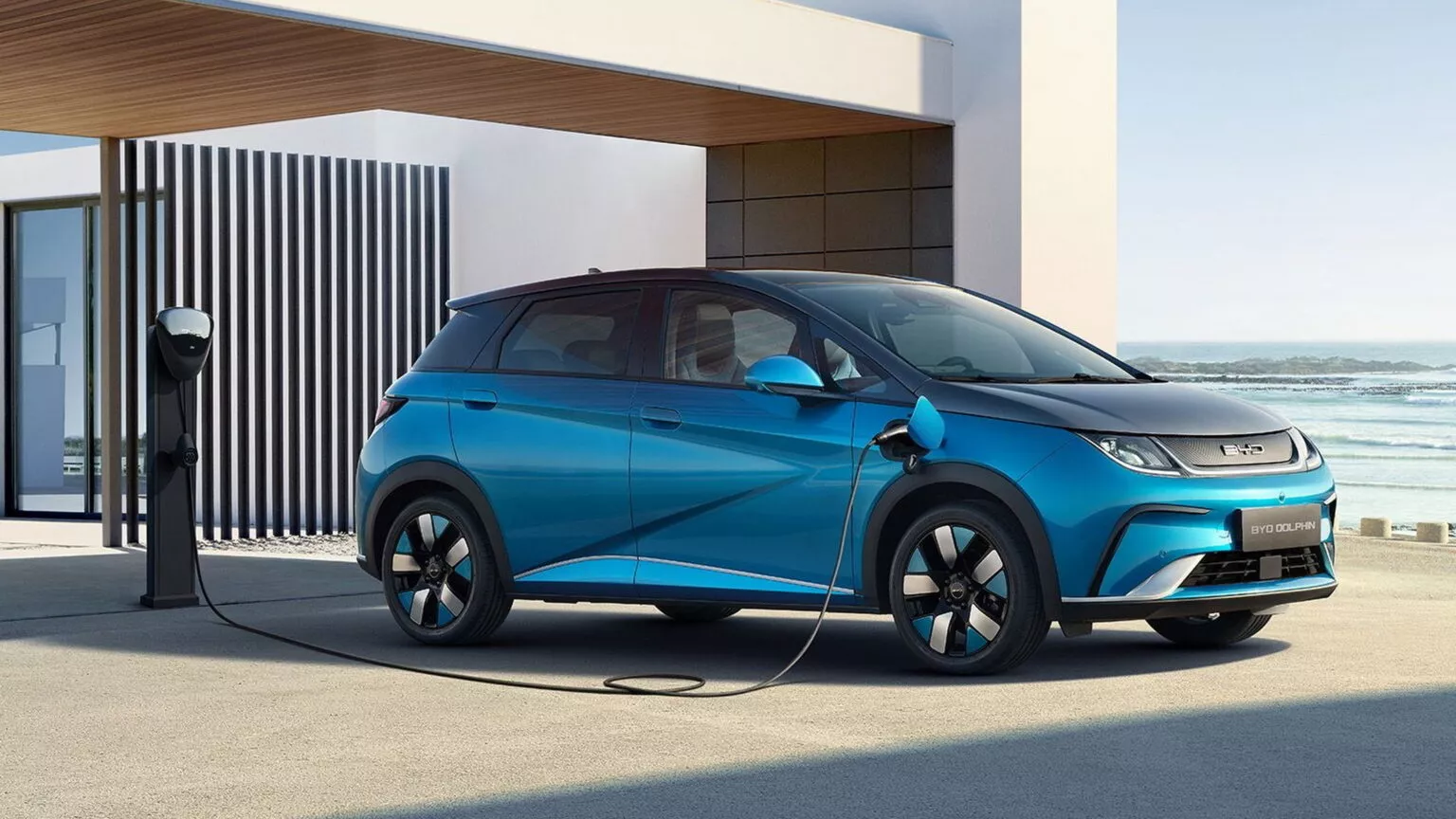is contemplating a second passenger car factory in Europe, even before its first factory in Hungary becomes operational. The company’s VP for Europe and the Americas, Stella Li, revealed that BYD is exploring potential locations for its new manufacturing facility, indicating a commitment to invest “when the time is ready.”
BYD’s move comes as the European Union (EU) intensifies its focus on zero-emission vehicles, prompting Chinese automakers to accelerate EV launches in the region. The EU’s threat of increased tariffs on imports has further spurred efforts by these automakers to localize production within Europe.
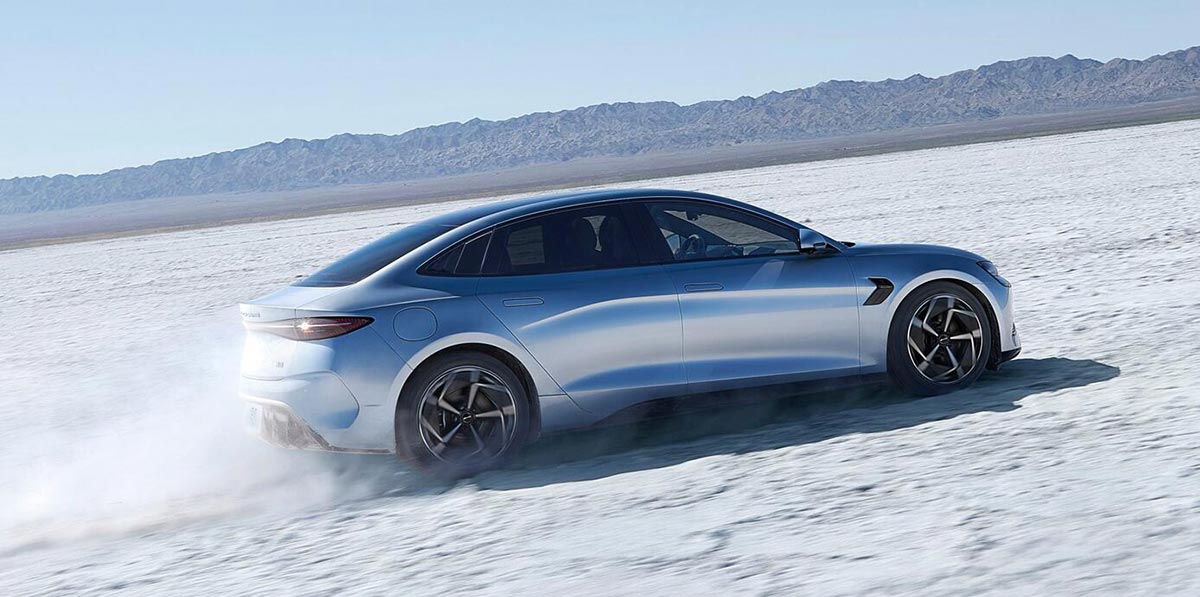
In December 2023, BYD announced plans to construct a plant for new energy vehicles (EVs and PHEVs) in Hungary, with an agreement signed with the Hungarian government the following month. This facility, located in Szeged, is set to be the first passenger vehicle manufacturing plant in Europe by an established automaker, according to BYD’s announcement.
Li mentioned that car manufacturing at the Hungarian plant is scheduled to commence by the end of 2025, although specific models slated for production in Europe have not been disclosed. Presently, BYD offers six EV models, including the Dolphin, Atto 3, Han, Seal, Seal U, and Tang, with a recent foray into plug-in hybrids with the introduction of the Seal U DM-i.

Imported EVs from China currently face a 10% import duty in EU nations, a figure that may see a substantial increase to 25% as per a recent report from Euronews. Li believes that such a tariff hike would underscore the competitiveness and accessibility of Chinese cars, potentially enhancing their image in the market.
BYD’s presence in Europe spans 20 countries, with over 250 retail outlets in the region. As the company navigates the evolving EV landscape and tariff dynamics, its strategic decisions are poised to shape its future in the European market.

